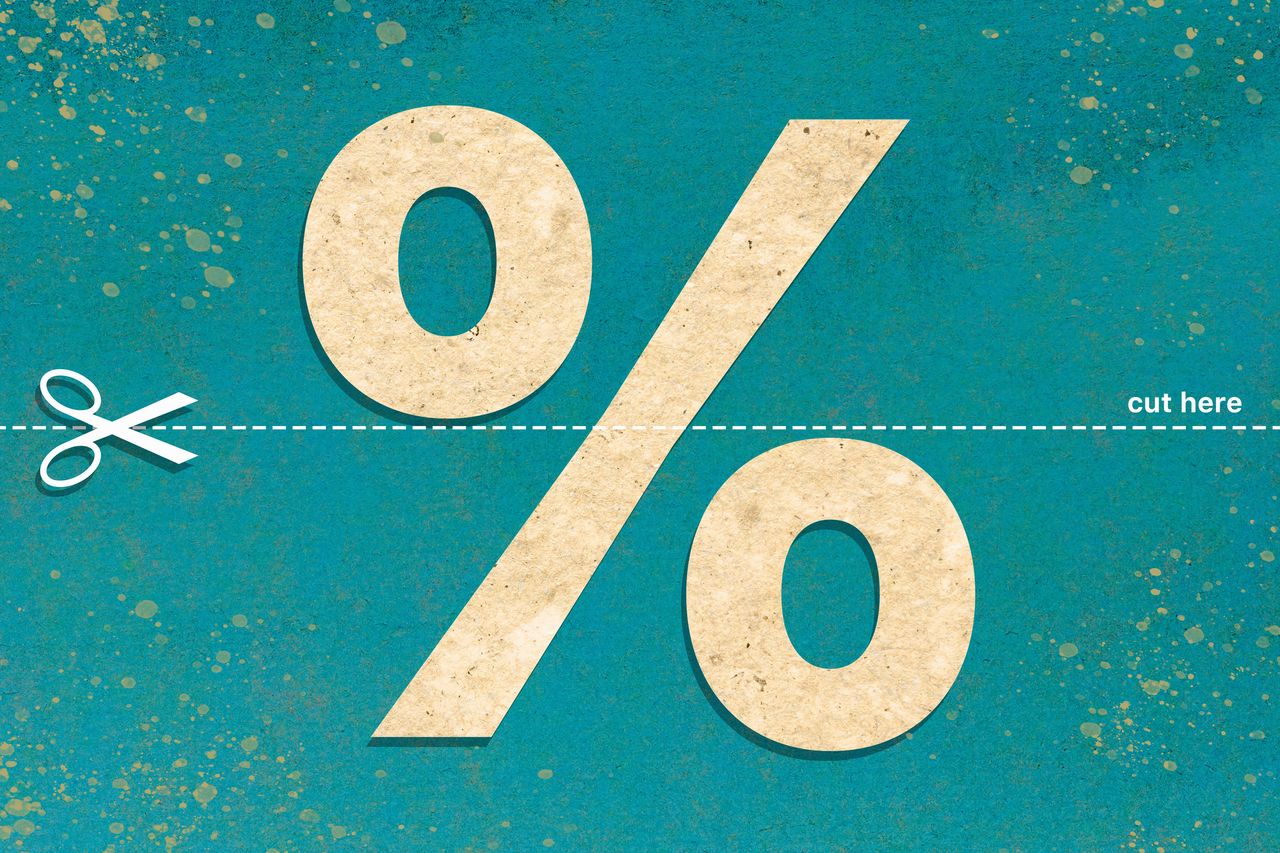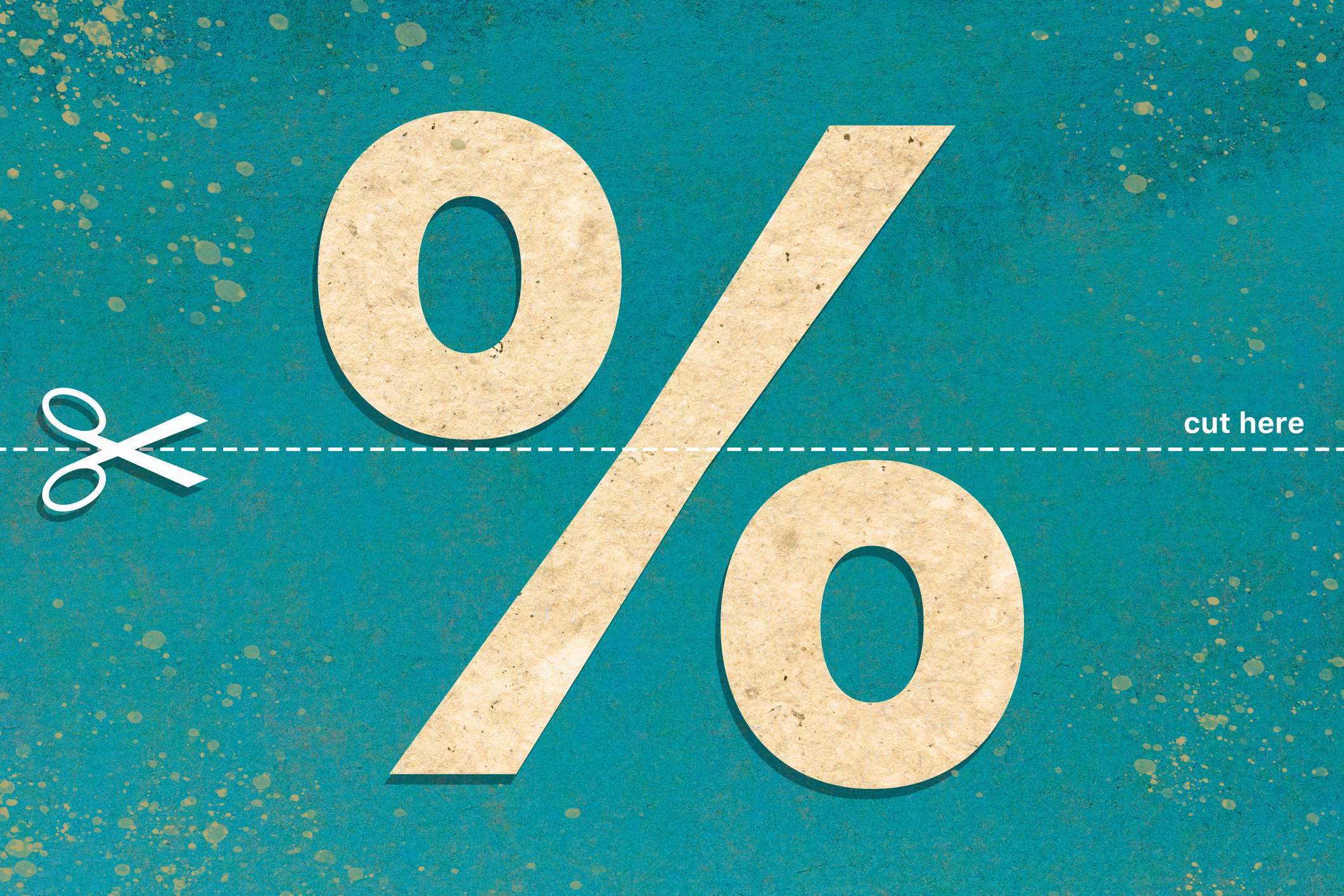
When the Federal Reserve gathers for its upcoming September meeting, it might do something it hasn’t done since December — implement an interest rate cut. At this point, economists and Wall Street alike are pretty convinced that a rate cut is coming. And while it may not be a drastic cut, it could have an impact on many consumers’ finances.
As a retiree, you may be wondering what moves to make — or not make — ahead of the Fed’s upcoming Sept. 16-17 meeting. Here are a few things to consider.
Consider your liquidity needs
It’s common for retirees to put money into longer-term bonds and CDs for stability and income. You may be inclined to rush into a long-term CD or bond ladder, given the potential for a September rate cut. But Rachel Gustafson, CFP, CCPS, and investment advisor representative at Financial Investment Team, says that may not be necessary.
Sign up for Kiplinger’s Free Newsletters
Profit and prosper with the best of expert advice on investing, taxes, retirement, personal finance and more – straight to your e-mail.
Profit and prosper with the best of expert advice – straight to your e-mail.
“If the Fed does cut rates, we anticipate short-term rates to drop and long-term yields to remain close to where they are now,” she says. “Locking in longer-term rates may seem like the safe bet, but the smarter play is aligning with your liquidity needs.”
What Gustafson suggests is that, above all else, you have enough cash to cover your expenses for the foreseeable future. She also recommends that you not rely too heavily on investments in case there is a negative market event.
“In the next one to three months, high-yield savings accounts are the way to go,” she says. “Many are still paying 4% or more. For funds beyond three months, U.S. Treasuries and short-term CDs are the preferred route even in light of upcoming Fed rate changes.”
If you’re not sure whether to focus on Treasuries versus CDs, think about your tax situation. Interest earned from U.S. Treasuries is tax-exempt at the state and local level. Even though some CDs may be offering better rates than Treasuries right now, you’ll need to consider the after-tax yield — especially if you’re in a high-tax state.
Choose your bonds strategically
Some retirees may be inclined to load up on bonds in light of a probable rate cut. Joseph W. Spada, CFP and Private Wealth Advisor at Summit Financial Holdings, says that’s not necessarily a bad idea. However, it’s important to choose your bonds carefully.
“When rates drop, bonds that are currently on the market with higher coupons become more attractive, causing their price to rise,” he explains. “Longer-term bonds that have more years remaining of higher coupon payments are especially attractive, causing their price to rise even more. For this reason, intermediate- to long-term bonds tend to perform well in a decreasing interest-rate environment.”
That said, Spada thinks stocks can also be a powerful tool for retirees at a time like this, despite their inherent risk. As he explains, when rates drop, “Companies can borrow at a lower rate and earn a better return on that borrowed money by investing it in their business. This is why it is important to own stocks when interest rates are declining.”
If you’re worried about volatility, you can aim for a mix of growth and dividend-paying stocks in your portfolio.
Make sure your portfolio is resilient and tax-efficient
Though you may be inclined to make major changes to your investment strategy to benefit from rate cuts, Gustafson says that may not be necessary.
“At this point, we don’t see an immediate need to adjust portfolios ahead of the Fed’s upcoming decision,” she says. “The goal is not guessing the Fed’s next move. It’s about building resilience. Focus on building a portfolio that will hold up in any rate environment, not just the one that is making headlines.”
Spada agrees. “We advise our retired clients to focus on the total return, … not just how much income each investment can produce,” he says.
Spada also thinks tax efficiency needs to be part of the equation.
“Investments with high yields, such as CDs and corporate bonds, are often taxed at ordinary income tax rates and can have lower total returns,” he says. “Growth-oriented investments, like stocks, often benefit from more favorable capital gains tax treatment, reducing a client’s overall tax burden, as well as generating higher total returns.”
All told, if you have an investment strategy that’s been working for you all along, you may not need to alter it tremendously to account for the Fed’s upcoming decision.
“Overall, we don’t recommend trying to time interest rate moves,” Spada insists. A better approach may be to look at your portfolio holistically and make sure it’s well-balanced and designed to withstand market fluctuations.
And also, don’t get too caught up in the short term. Even with an interest rate cut looming, Spada insists that thinking long-term is still your best bet.

